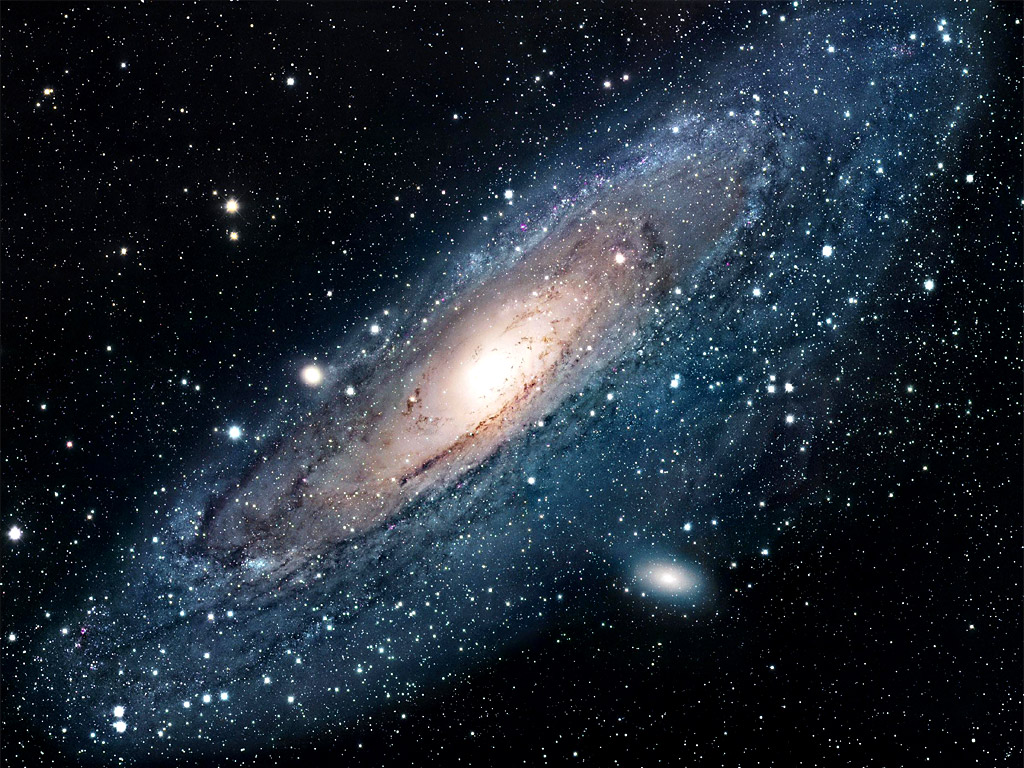
#1 Everything that begins to exists has a cause
#2 This universe began to exist
#3 Therefore, this universe has a cause
This is not the only form of the argument, but it is probably the simplest. Notice that if premise #1 and premise #2 are true then #3 is true whether you like it or not. This is helpful because almost all of scientific scholarship affirms the truth of premise #2, consider the "Big Bang" for example. So if someone wants to deny the conclusion they would have to deny premise #1 - "everything that begins to exist has a cause" - which they cannot do without looking foolish -see quote by William Lane Craig below.
Strengths:
- The argument is very simple and easy to follow.
- The two premises are largely supported by mainstream science.
- It does not argue for the existence of the Christian God, only for the existence of a first cause. The argument is therefore not unique to Christianity. It's interesting to note that the 3-step version I gave above was originally developed by Muslims.
- Genesis 1:1; Job 38-41; Psalm 19:1, 97:6; Acts 14:15, 17; 17:24; Rom 1:20
If this argument works, then you have established a number of things. For one there is an ultimate first cause of the universe. Second, this cause created space and time and so must be space-less and timeless. Third, the first cause would be very, very, very powerful. Fouth, the first cause would be personal because space-less and timeless things do not decide to create stuff. For example the number 7 cannot "decided" to do anything. So if successful this argument leaves you with a space-less, timeless, extremely powerful, personal being.


Do you think this argument is successful? What are some common objections? Perhaps you have a question. Feel free to leave a comment so that I can respond and not be bored at work!
i have another example:
ReplyDelete1) if a person is extremely attractive, then he must be named kevin gausselin
2) is your name kevin gausselin?
3) no? then where is my fiance? i want to kill you and find him.
:D
#1 Everything that begins to exists has a cause
ReplyDelete#2 This universe began to exist
#3 Therefore, this universe has a cause
this argument does not prove that there is an uncaused cause... or an uncaused causer.
That is correct. Strictly speaking this form of the argument only argues for a first cause of the universe.
DeleteHowever, there are other forms of the cosmological argument that specifically address this issue. For instance,
#1 All things that come into existence are caused to exist.
#2 There cannot be an infinite regression of causes.
#3 Therefore, an uncaused first cause exists
Premise 2 is crucial. We would never get to the present moment if there was an infinite amount of time that preceded it. It would literately take forever before this moment could happen. This is why an infinite regression of causes is impossible.
If this argument is sound then an uncaused cause exists.
I appreciate the comment!